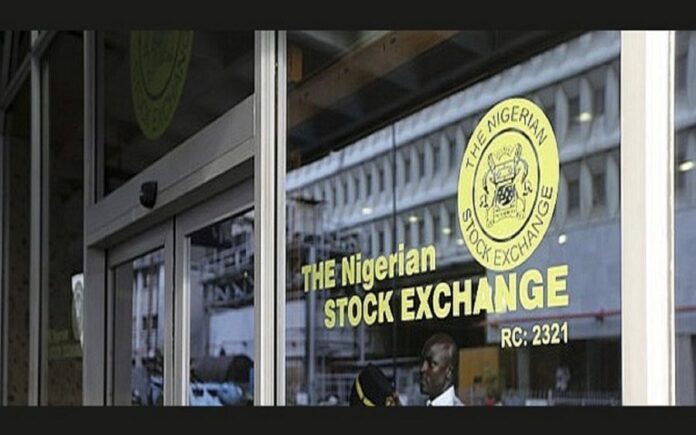Nigeria’s stock market is on a record-breaking trajectory, posting a remarkable ₦15.66 trillion gain in the first nine months of 2024.
This growth, amounting to a 38% increase, reflects investor confidence in the market’s resilience despite serious economic pressures.
With just one trading day left in the quarter, the Nigerian Exchange Limited (NGX) reports that the total market capitalisation hit ₦56.578 trillion by September 27, up from ₦40.918 trillion at the end of 2023.
Analysts are praising this performance, pointing out that the NGX is among the top-performing stock markets in Africa, outpacing rivals like the Johannesburg and Egypt stock exchanges.
Nigeria’s economic situation has not made things easy.
The inflation rate surged from 28.92% at the end of last year to a high of 32.15% in August 2024.
Foreign exchange markets have been turbulent, with the naira standing at an exchange rate of ₦1,637.69 per dollar by the end of September.
In addition, the Central Bank of Nigeria (CBN) raised the Monetary Policy Rate (MPR) to a staggering 27.25% from 18.75% last year, all in a bid to curb inflation.
Despite these challenges, Nigerian investors have seized opportunities in the stock market, pouring funds into blue-chip companies.
The Nigerian stock market has become more attractive to foreign investors, who have significantly increased their stake in 2024.
Their involvement jumped from 9.22% in 2023 to 18.86% as of August 2024, reflecting a clear shift in market dynamics.
“Foreign investors are seeing value in our market, and this shift has reduced the dominance of domestic investors from 90.78% last year to 81.14%,” said one financial analyst.
This trend has boosted the value of prominent stocks like Dangote Cement and Airtel Africa, which have seen significant price hikes, contributing to the overall market’s robust performance.
High-performing companies have played a key role in driving the stock market’s gains.
Dangote Cement, one of Nigeria’s largest firms, saw its share price rise by 66.3% from ₦319.9 in 2023 to ₦532 per share as of late September 2024.
Similarly, Airtel Africa’s shares climbed by 17%, closing at ₦2,200 per share from ₦1,887 at the beginning of the year.
These increases in value were instrumental in pushing the NGX Industry Index up by 42%, closing September 2024 at 3,847.83 basis points.
The banking sector, undergoing recapitalisation under CBN directives, has also had a big impact on investor interest.
One notable example is the recent N400.5 billion public offering by Guaranty Trust Holding Company (GTCO), which raised its stock price from ₦40.50 at the start of 2024 to ₦47.4 per share.
These banking stocks have helped push the NGX Banking Index up to 933.79 basis points, a 4.1% increase this year.
In the oil and gas sector, reforms have sparked significant growth.
Seplat Energy’s share price jumped from ₦2,310 to ₦4,103.10, a remarkable 91% increase over nine months.
As a result, the NGX Oil & Gas Index recorded an impressive rise, reaching 1,990.84 basis points from 1,043.06, representing a 91% increase in just nine months.
These gains underscore the vital role of the oil and gas sector in bolstering Nigeria’s stock market.
With the MPR at 27.25%, capital market experts have pointed out that the high-interest environment has led to “sentiment trading.”
Investors are looking at the fixed-income market as an alternative to hedge against inflation, yet they remain heavily invested in stocks.

